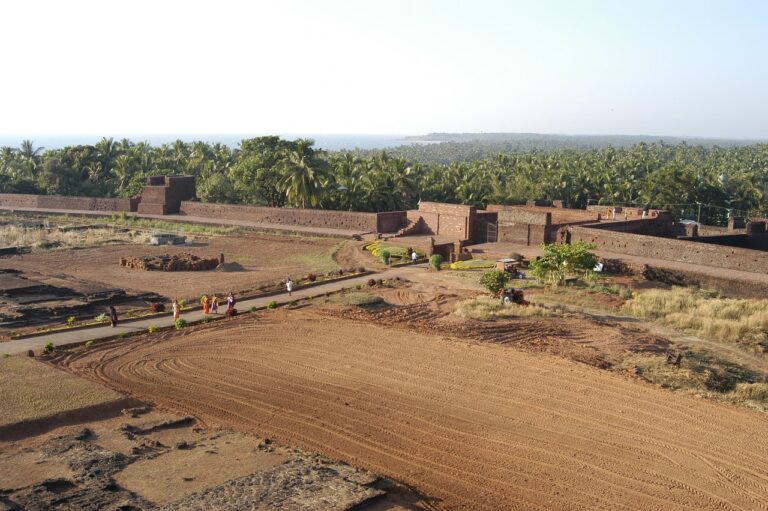The Role of Independent Media in Election Monitoring
As we witness the ever-evolving landscape of modern democracies, the role of independent media in election monitoring has become increasingly crucial. In today’s digital age, where information is readily accessible and misinformation can spread like wildfire, independent media plays a vital role in ensuring the integrity and transparency of electoral processes. In this article, we will explore the significance of independent media in election monitoring, its impact on democracy, and the challenges it faces in fulfilling its role.
Understanding Election Monitoring
Election monitoring is the process of observing and evaluating electoral processes to ensure that they are free, fair, and transparent. It involves monitoring various aspects of the electoral process, such as voter registration, campaigning, voting, counting, and result tabulation. The goal of election monitoring is to promote democratic values, uphold the rule of law, and prevent electoral fraud and manipulation.
The Role of Independent Media
Independent media plays a crucial role in election monitoring by providing unbiased and accurate information to the public. It serves as a watchdog that holds elected officials and government institutions accountable, exposes irregularities and malpractices in the electoral process, and promotes transparency and fairness in elections. Independent media acts as a bridge between the government and the citizens, ensuring that voters are well-informed and empowered to make informed decisions.
Impact on Democracy
The presence of independent media in election monitoring is essential for the functioning of a healthy democracy. It helps to build trust in the electoral process, enhances the legitimacy of election results, and fosters public participation and civic engagement. Independent media promotes political pluralism, diversity of opinions, and open debate, which are fundamental to a vibrant democracy. By exposing electoral malpractices and providing critical analysis, independent media contributes to the development of a robust democratic culture.
Challenges Faced by Independent Media
Despite its importance, independent media in election monitoring faces numerous challenges that hinder its effectiveness. One of the main challenges is political interference and pressure from government authorities, which can lead to censorship, harassment, and intimidation of journalists. Financial constraints, lack of resources, and limited access to information also pose significant challenges for independent media organizations. Moreover, the spread of disinformation and fake news further complicates the work of independent media in election monitoring.
Conclusion
In conclusion, independent media plays a critical role in election monitoring by promoting transparency, accountability, and fairness in the electoral process. It serves as a watchdog that safeguards democracy, upholds the rule of law, and empowers citizens to participate in the democratic process. Despite facing numerous challenges, independent media continues to be a beacon of hope for democracy, shining light on electoral malpractices and advocating for free and fair elections. As we look towards the future, it is essential to support and protect independent media in its vital role in election monitoring.
FAQs
What is election monitoring?
Election monitoring is the process of observing and evaluating electoral processes to ensure that they are free, fair, and transparent.
Why is independent media important in election monitoring?
Independent media provides unbiased and accurate information, holds elected officials accountable, exposes irregularities in the electoral process, and promotes transparency and fairness in elections.
What challenges do independent media face in election monitoring?
Independent media faces challenges such as political interference, lack of resources, limited access to information, and the spread of disinformation and fake news.







